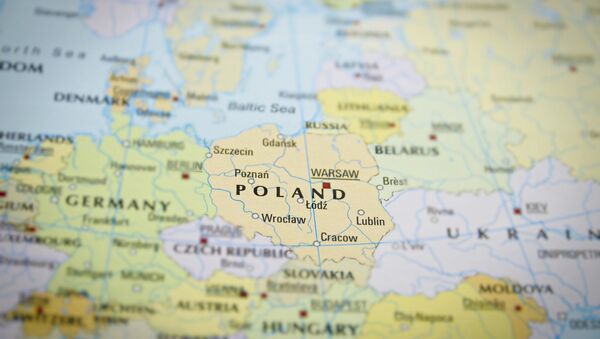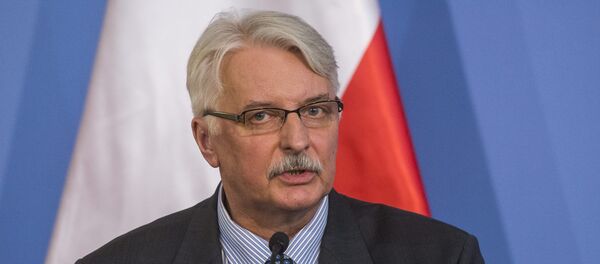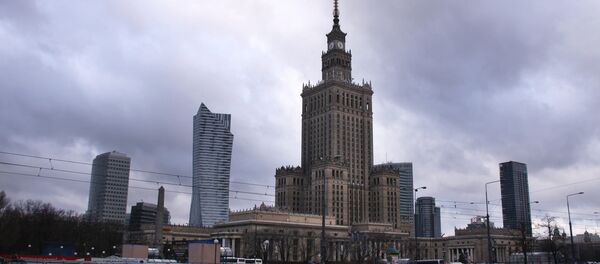Speaking at an economic forum in the town of Krynica-Zdroj, southern Poland on Wednesday, the official said that Poland "would like to return to a debate on arms in Europe, to achieve a strategic balance between the military capabilities deployed in Russia's Western Military District, and NATO's eastern flank."
"It's not normal when neighbors don't talk to one another. Collaborative projects, of which we have a great deal, should not be subject to unilateral actions," Parys noted.
Warsaw, Parys suggested, "uses very clear foundations" in its foreign policy. "Poland wants to build relations with other countries on the basis of respect for neighbors, on the basis of symmetry, on the basis of non-interference in internal affairs." Any problems that exist can be resolved if the will exists to do so, the diplomat emphasized.
"We are in favor of cooperation with Russia without preconditions; we want to expand economic cooperation on a commercial basis, and have never intended to interfere in Russian internal politics, and expect the same from the Russian side."
Recently, Polish officials have repeatedly criticized what they call the 'militarization' of the Russian exclave of Kaliningrad, situated on Poland's northeastern border, calling the Russian military presence in the region disproportionate, and a 'threat to Poland and NATO as a whole'.
Outspoken Polish Defense Minister Antoni Macierewicz has repeatedly suggested that the forces on Russia's western borders "significantly exceed" NATO's presence in the region, adding that this is evidence of "Russian aggression." Known for his intense hostility to Russia, the defense minister previously suggested that the 2010 Smolensk air catastrophe that resulted in the death of President Lech Kaczynski was a Russian 'terrorist attack' against Poland, and even that Poland and Russia have been in a 'state of war' since that 2010 air crash.
Russian analysts have also criticized Western politicians' attempts to characterize Russian military maneuvers on Russia's own territory as 'aggressive', pointing out that Russia was not the one to expand NATO's borders from the German border all the way up to Russia's frontiers after the end of the Cold War and the collapse of the Soviet Union.
At July's NATO summit in Warsaw, the alliance made a decision to reinforce the Poland and the Baltic countries with four additional battalions. Also in July, NATO and Russian officials held a meeting of the Russia-NATO Council. At the meeting, the parties continued to disagree on the causes of the current crisis in relations, but discussed an initiative expected to lead to de-escalation involving measures to ensure the safe flights of military aircraft over the Baltic Sea.





